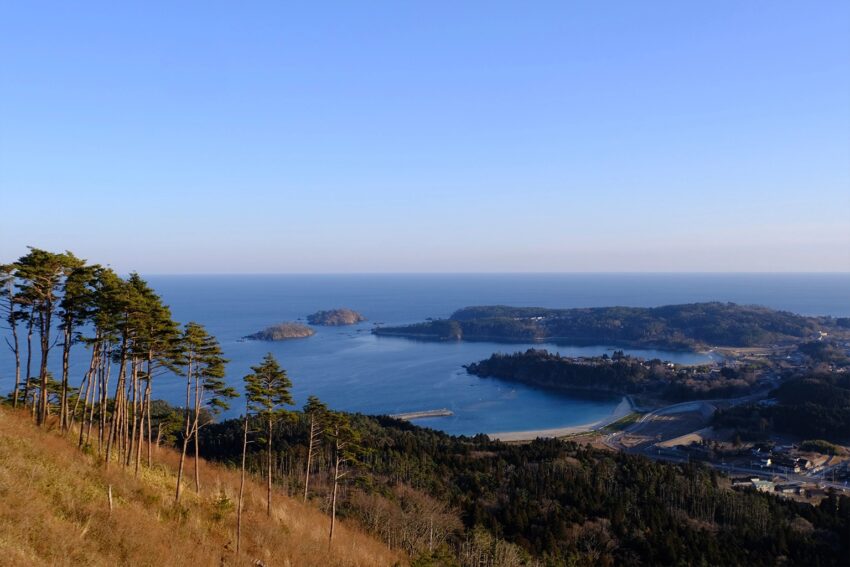What solution stories are inspiring you this week? Here are a few we’re really excited about sharing.
Sri Lanka aims to restore ancient cascading irrigation tanks in climate change plan
Sri Lanka intends to revive its village tank cascade systems, a neglected but highly efficient series of ancient irrigation systems as part of its climate adaptation strategy. The system can absorb shocks of natural disasters such as floods, which can be controlled by storing water, and drought impact, by reducing water loss from tanks through absorption in the surrounding environment. The cascaded tank-village system also contributes to efficient water management with water from one tank flowing to another, through a network of tanks and streams.
Using solar farms to replenish dryland biocrust ecosystems
Researchers at Arizona State University propose the use of solar panels to restore degraded biocrusts – dryland ecosystems that fertilize and protect the soil but are often damaged by development, agriculture, and other human activities. Safely shielded from the sun beneath arrays of solar panels, the biocrusts are sheltered from excessive heat and can flourish and develop. Ultimately, the newly generated biocrusts can then be used to replenish arid lands where such soils have been damaged or destroyed.
Saving forests to protect coastal ecosystems: Japan sets historic example
“Fish forests,” one type of protection forest in Japan, conserve watershed woodlands and offer benefits to coastal fisheries, including shade, soil erosion reduction, and the provision of nutrients. New research using environmental DNA metabarcoding analysis confirms the local knowledge fishers have garnered over generations through firsthand experience: protecting onshore watershed forest cover benefits marine life. Lessons learned via Japan’s protection and fish forests could benefit nations the world over.
219 net-zero-energy homes in California’s first residential microgrid community
The first-of-its-kind solar microgrid community in California maximizes cost-effectiveness and resilience in a state where energy is expensive and wildfires, among other extreme weather events, are causing long-term power outages. The microgrid project in Shadow Mountain connects 219 solar-powered smart homes, each equipped with its own “decentralized” home battery storage as well as a “centralized” community battery – offering an unparalleled level of zero-carbon resilience when the grid goes down.
Tech startup helps farmers transition to agroforestry
Software, development, and financing startup Propagate found that farmers, agronomists, and agrifood companies in the U.S. lacked clarity on the economic value of trees and struggled to determine which trees were right for a farm’s economic, ecological and geographic characteristics. Utilizing software that keeps farmers informed about the revenue and yields that tree planting can bring, as well as a financing model inspired by the solar industry, Propagate makes it easier for farmers and landowners to transition to agroforestry.
- Related: The Nature Conservancy’s project aims to create 30,000 acres of new agroforestry plantings over the next five years, thereby creating a nationwide model to eventually spur the adoption of agroforestry practices on tens of millions of acres of U.S. farmlands.

